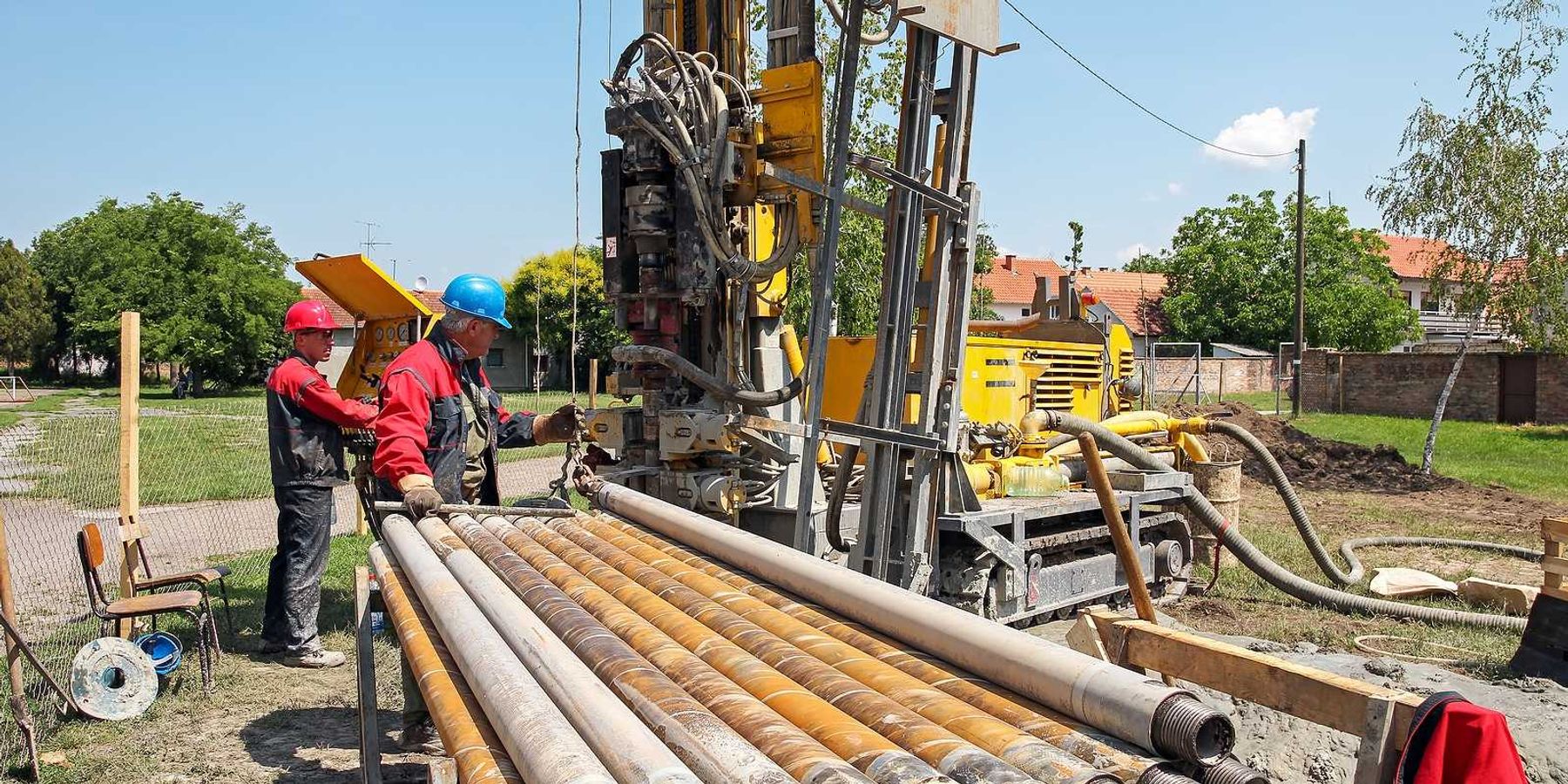India's solar waste management faces challenges
The rapid expansion of solar parks in India brings a mounting problem of panel waste, with projections suggesting 19 million tonnes by 2050.
Flavia Lopes reports for The Guardian.
In short:
- India plans to increase its solar energy capacity significantly by 2030, yet the longevity of solar panels is often less than expected.
- Waste from these solar panels, including glass and metals, is poorly regulated, leading to reliance on informal recycling networks.
- Safety and environmental concerns are rampant among workers in the informal sector, who often operate without proper protection or oversight.
Key quote:
"Most solar plants are located in remote areas, so the logistics and transportation is expensive, and once dismantled there is hardly any money from each individual part."
— Srinivas Vedula, EPragathi, a Bengaluru-based e-waste recycling company
Why this matters:
Solar panels, which typically have a lifespan of about 25 to 30 years, eventually reach an end-of-life phase where they must be disposed of. Concerns arise because these panels contain toxic materials such as lead, cadmium, and selenium, which can pose environmental hazards if not properly managed.
E-waste grew 8 percent in just 2 years. Just one-fifth was recycled.













